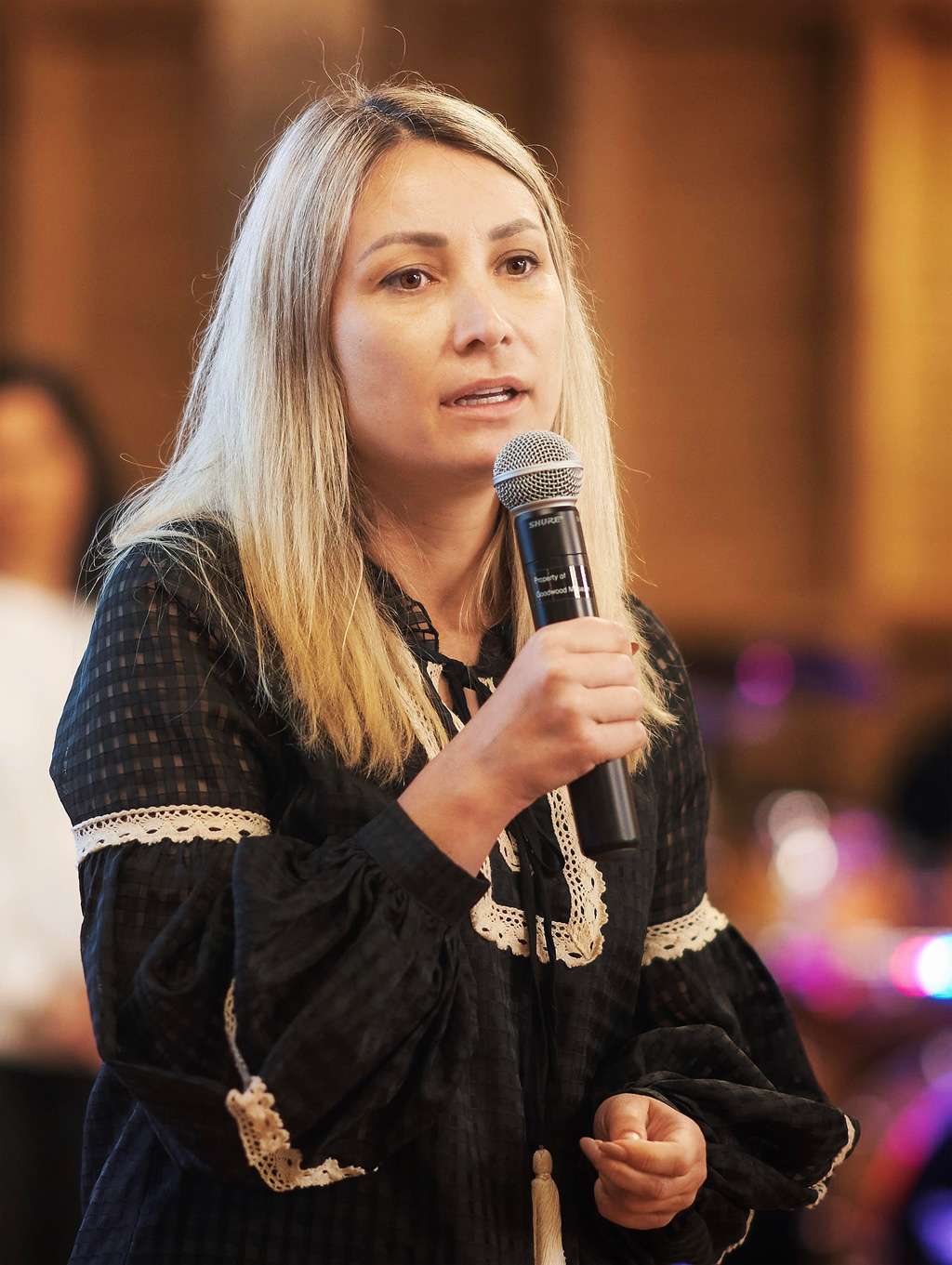How to Reduce Conflict and Support Children and Educators
Interview with Anna Romanova, the initiator of the «Education Without Stress» project.

Dr. Anna Romanova is a lead expert in tourism sector with broad national and international acclaim. Her articles on Chornobyl Exclusion Zone recovery through boosting tourism industry are highly cited all over the region. Today we are talking with Anna on how people with trauma and particularly veterans can heal through traveling and leisure. And why it’s important to support hospitality industry even during war and disasters.
Veterans Magazine: Thank you for joining us today, Ms. Romanova. Can you start by telling us how you became involved in veteran and other people with trauma reintegration through tourism?
Anna Romanova: Thank you for having me. My background is primarily in community development, destination branding, and the socio-economic impacts of tourism. Over the years, I have worked on various projects aimed at revitalizing communities, particularly those affected by natural disasters. My interest in veteran reintegration developed as I recognized the potential of travel and recreation activities to support mental health and community engagement, which are crucial during the transition to civilian life.
Veterans Magazine: That’s interesting. Can you elaborate on how tourism can specifically aid in the reintegration process for veterans?
Anna Romanova: Certainly. Tourism can offer veterans opportunities for social interaction, skill development, and a chance to explore new environments. Activities such as group travel, outdoor adventures, and cultural experiences can foster connections among veterans and between veterans and their communities. These interactions can be instrumental in building a support network, which is essential for mental health and well-being.
Veterans Magazine: You mentioned mental health. How do you approach the mental health aspects of your work with veterans?
Anna Romanova: At Florida State University I met with Dr. Angi Yoder-Maina, Director of The Resilience Institute for Strength and Empowering (RISE), her approach is grounded in a healing-centered, trauma-informed framework. This means recognizing the unique experiences and challenges veterans face and tailoring programs to meet their specific needs. By integrating tourism and recreational activities with mental health support, we can create environments that promote healing and resilience. Collaboration with mental health professionals is also key to ensuring that our initiatives are effective and supportive.
Veterans Magazine: Can you share an example of a program you’ve been involved in that demonstrates this approach?
Anna Romanova: One example is a project I worked on with Dr. Angi Yoder-Maina, where we adapted her course for Ukrainian background. We have already provided a short healing course for Ukrainian educators. Next step - we can develop a series of outdoor retreats for veterans. These retreats combined therapeutic activities, such as mindfulness and team-building exercises, with recreational outings like hiking and camping. Feedback from participants indicated that these experiences not only helped them reconnect with nature but also provided a sense of camaraderie and support among fellow veterans.
Veterans Magazine: That sounds impactful. What do you see as the future of tourism in supporting veterans?
Anna Romanova: I believe there is significant potential for growth in this area. As awareness of the mental health challenges faced by veterans increases, more organizations and communities are recognizing the value of tourism as a tool for recovery. I foresee more collaborative efforts that combine tourism development with mental health initiatives, creating comprehensive programs that benefit veterans and their families.
Veterans Magazine: Finally, what advice would you offer to veterans looking to engage with tourism and recreation as part of their reintegration process?
Anna Romanova: I encourage veterans to explore local opportunities for travel and recreation that resonate with their interests. Whether it’s participating in community events, joining outdoor adventure groups, or simply spending time in nature, these activities can be beneficial. Additionally, seeking out programs specifically designed for veterans can provide valuable support and connection. Remember, it’s important to take the first step towards reintegration, and tourism can be a wonderful pathway to that journey.
Veterans Magazine: Thank you, Dr. Romanova, for sharing your insights and expertise with us today. We appreciate your work and dedication to supporting veterans.
Anna Romanova: Thank you for the opportunity to discuss this important topic. I look forward to continuing to contribute to the well-being of our veterans and people with mental trauma through innovative tourism initiatives!
***
If you want to connect with Anna Romanova you can reach her at romanova.welcome@gmail.com

Interview with Anna Romanova, the initiator of the «Education Without Stress» project.

On September 17, an outstanding presentation of the book by the American author Angi Yoder-Maina

We invite you to a unique presentation of the book by the American author, experienced peacebuilder and director of the Institute for Resilience.

A press conference and presentation of a project to support the mental health of Ukrainian teachers, schoolchildren and students will be held.